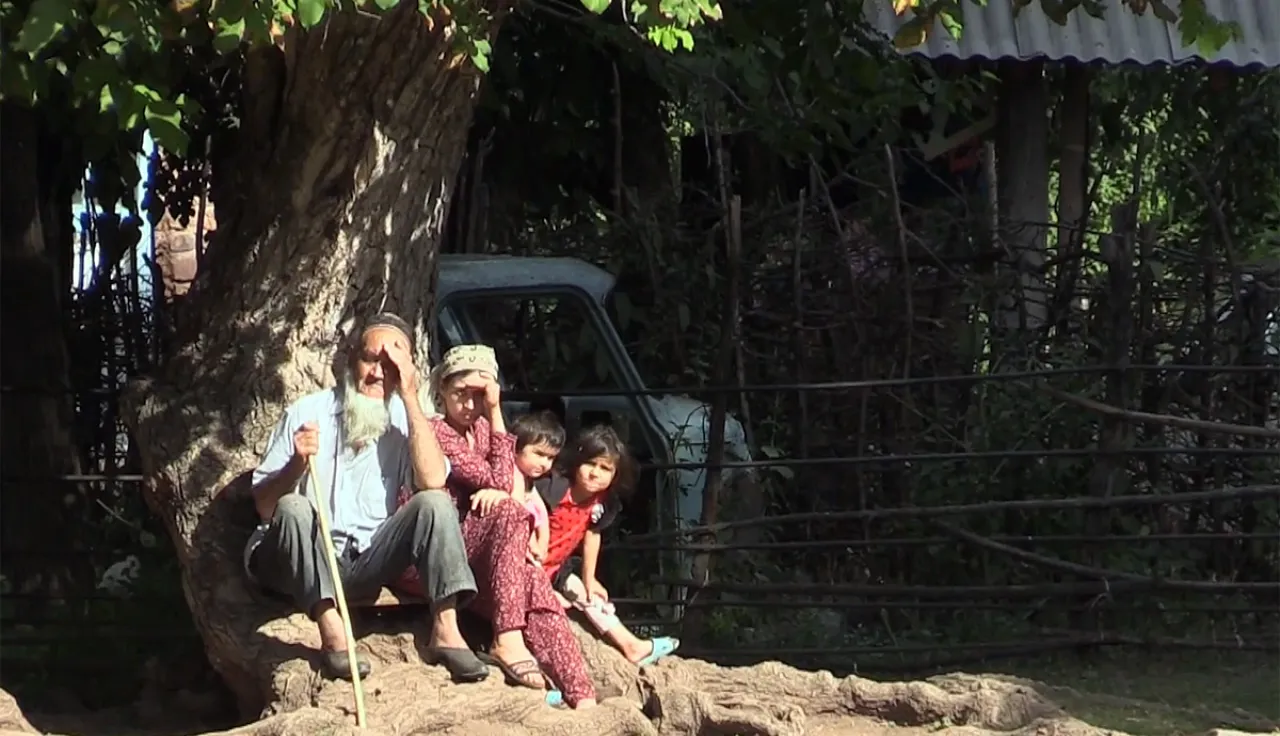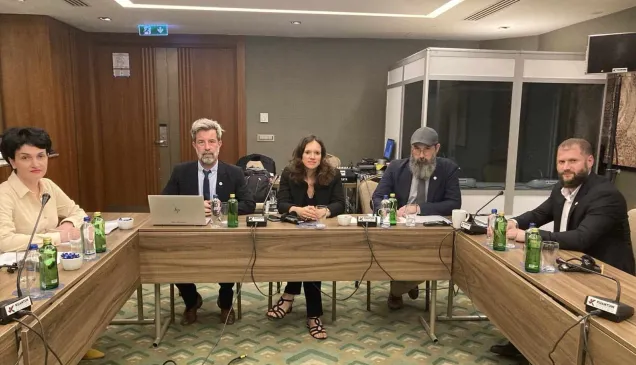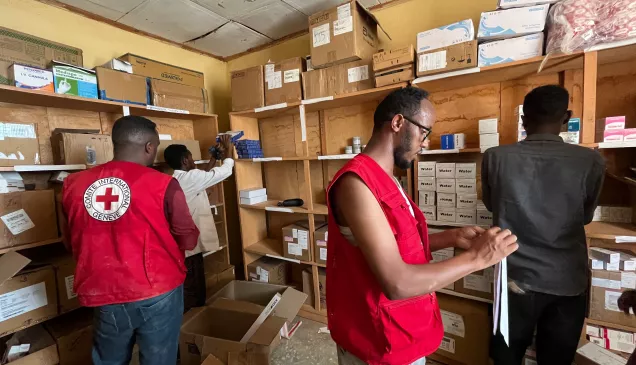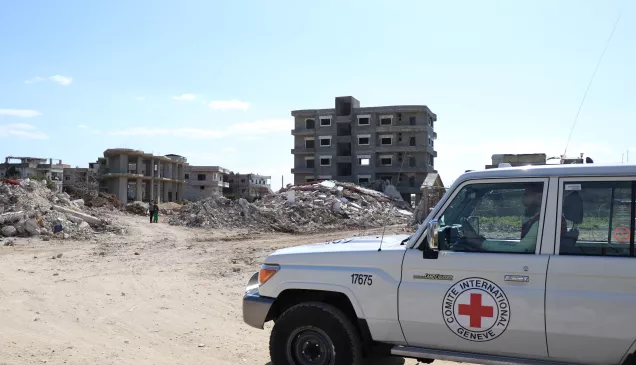Overview of ICRC activities in Tajikistan

Facts and figures for 2017
In 2017, the ICRC continued to support families of missing persons to cope with psychological and social difficulties by helping to address their needs of legal and administrative nature and health care.
We provided medical supplies to health care facilities in the borderline areas of Afghanistan and enhanced skills of medical doctors and surgeons in the management of weapon wounds and treatment of patients in emergency situations. The Red Crescent Society of Tajikistan's (RCST) volunteers increased their knowledge on safety, first psychosocial support during emergencies and received a first aid training with the help of the ICRC. Our experts provided a specialized training on dead body management for national authorities.
Highlights of our work in Tajikistan between January and December 2017:
- 44 trained volunteers provided services to 471 families. 374 families were referred to different service providers. In Khatlon region, the ICRC works to identify families of missing persons – 150 such cases already identified in 2017.
- 22 participants from the Ministry of Interior, Ministry of Defense, Ministry of Health, the Border Troops and the RCST developed their skills on the management of dead bodies in emergency situations by taking part in a training session organized by the ICRC.
- 185 families received financial assistance to visit their loved ones held in detention facilities across the country. Priority was given to economically vulnerable families living far from detention facilities.
- 410 staff and volunteers from 20 branches of the RCST increased their knowledge on safety, first psychosocial support during emergencies and received first aid training from the ICRC.
- 19 doctors, including surgeons, trauma doctors and anesthetist-resuscitation doctors from the Ministry of Health and Social Protection of Population participated an Emergency Room Trauma Course in Dushanbe organized by the ICRC.
- 10 surgeons, anesthetists and trauma doctors from hospitals located in areas potentially prone to emergencies or contaminated by mines and unexploded ordnance in Khatlon and Soughd regions, Gorno-Badakhshan Autonomous Oblast (GBAO) and Dushanbe outskirts took part in a Regional Seminar on the Management of Weapon Wounds in Almaty. Participants improved their knowledge and clinical skills in the management of weapon wounds, which contributes to a better patient care.
- 5 sets of dressing materials, 2 sets of injection and suture materials, 3 sets of infusions were provided by the ICRC to the Ishkashim district hospital following an escalation of violence in the borderline regions of Afghanistan and transportation of wounded patients to Ishkashim hospital from there. In addition, the ICRC provided medical supplies to six rural hospitals in Khatlon and GBAO located in remote borderline areas with Afghanistan;
- 20 police officers got familiar with international rules and standards of policing by taking part in a two-day workshop facilitated by the ICRC expert.
- Over 25 military officers discussed basics of IHL and their application in military operations during a two-day IHL workshop organised by the ICRC.
- 41 acting grand Imam khatibs and representatives from the Committee for Religious Affairs, Observing National Traditions and Rituals under the Government of the Republic of Tajikistan participated in the information session on IHL, Islam and the Role of Religious Leaders/Community Leader in Emergencies in Kulob city of Khatlon region and in Isfara of Soughd region.
- 60 clerics and representatives from the Committee for Religious Affairs gathered for Iftar organized by the ICRC in Gharm, Dushanbe and Khujand.
- 38 Imam khatibs (religious leaders of Sunni madhab mosques) and khalifas (religious leaders of Ismaili madhab mosques) as well as representatives of the Committee for Religious Affairs, the EMERCOM and the Focus local NGO gathered at a two-day workshop on The Role of Religious Leaders in Emergencies in Khorog, Gorno Badakhshan Autonomous Oblast.
For more information, read the full operational update of our work in Tajikistan.



